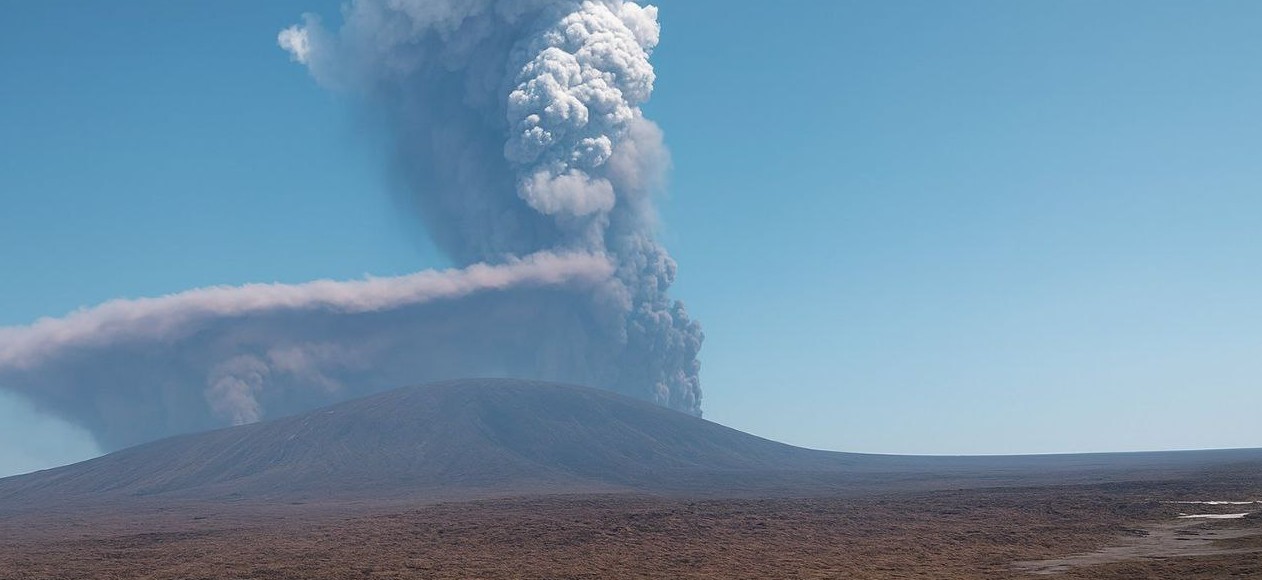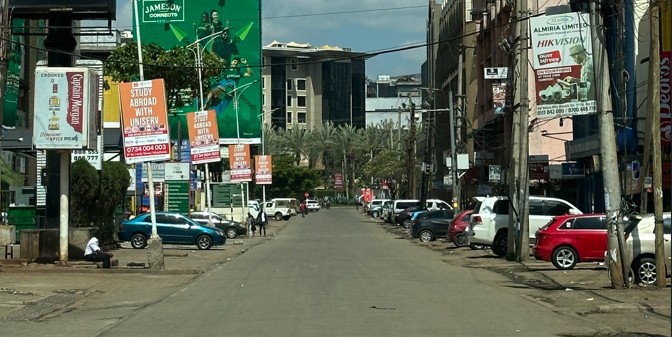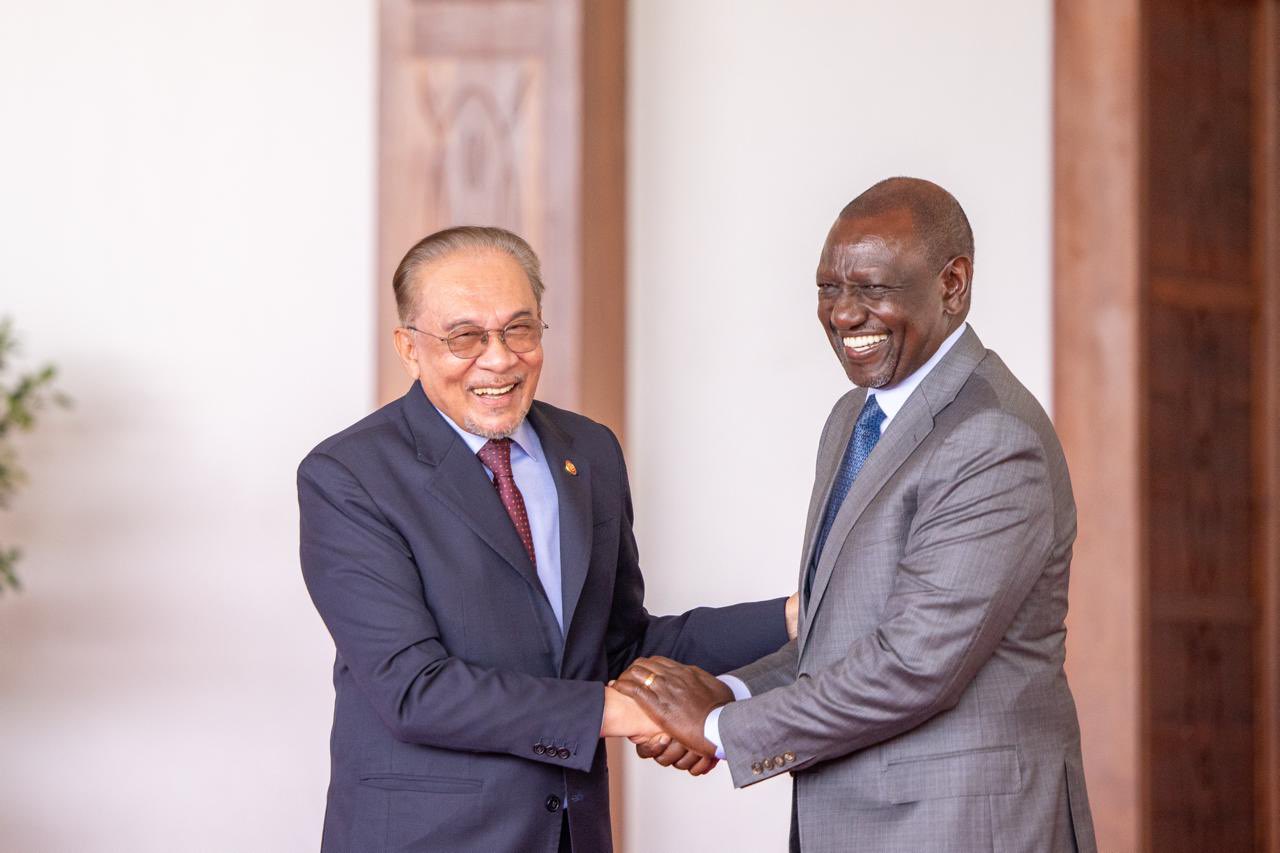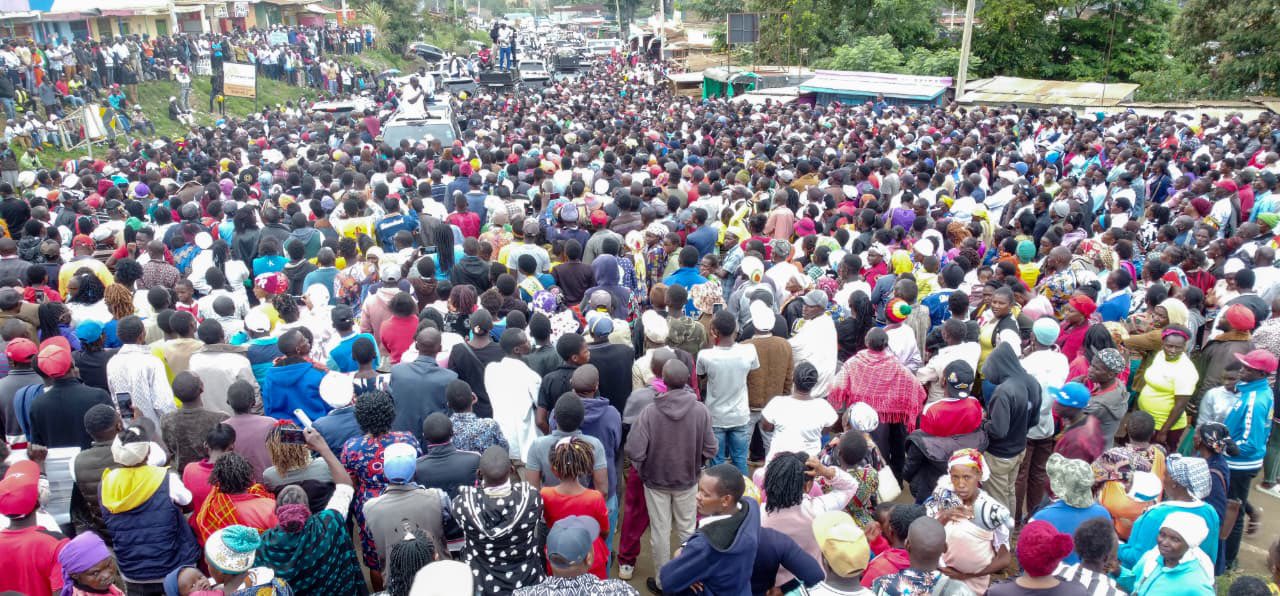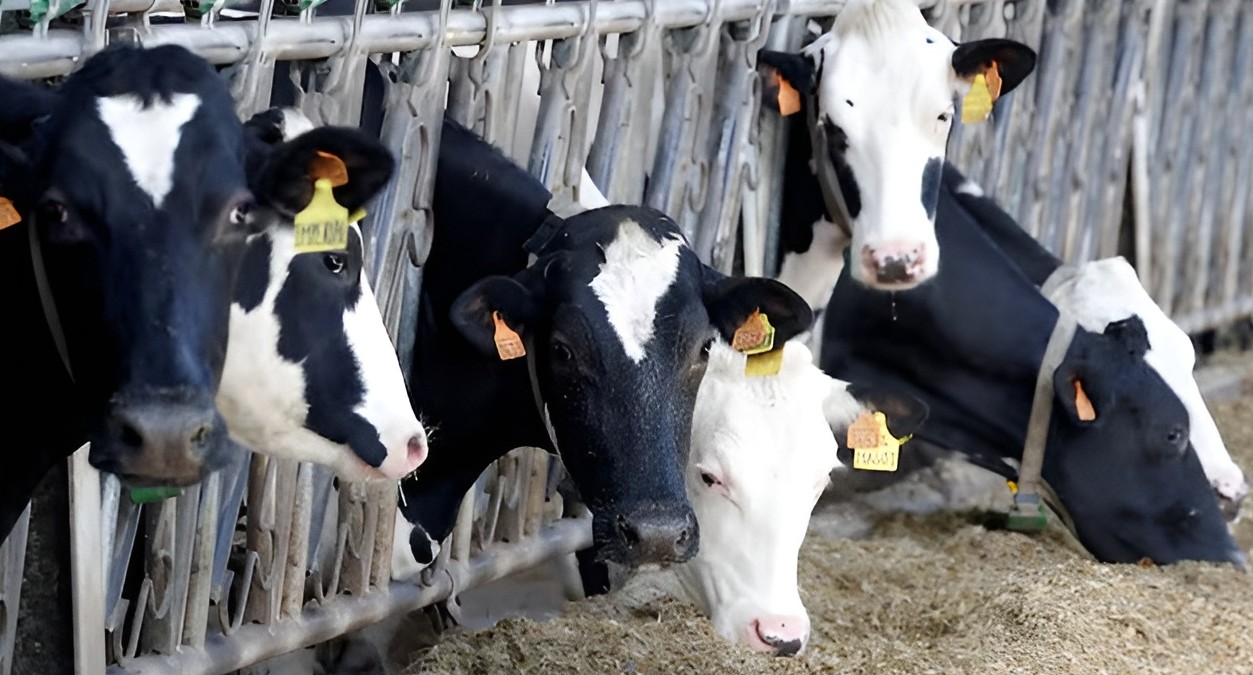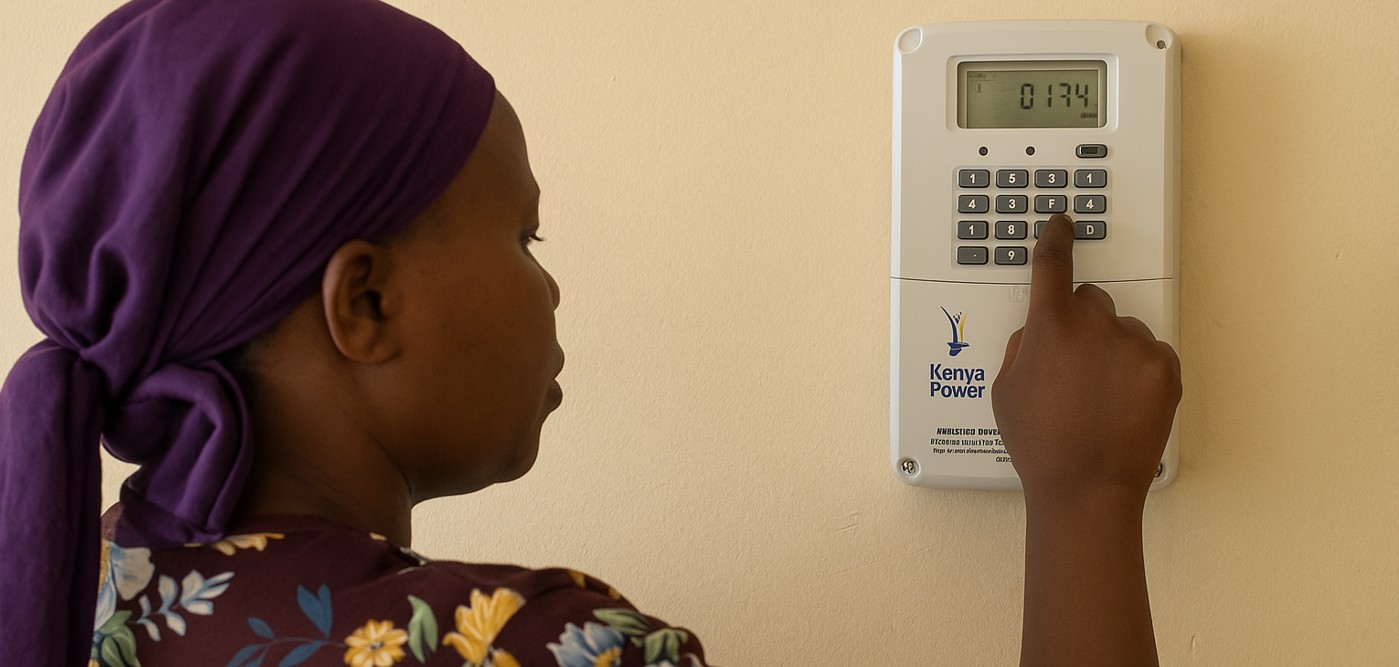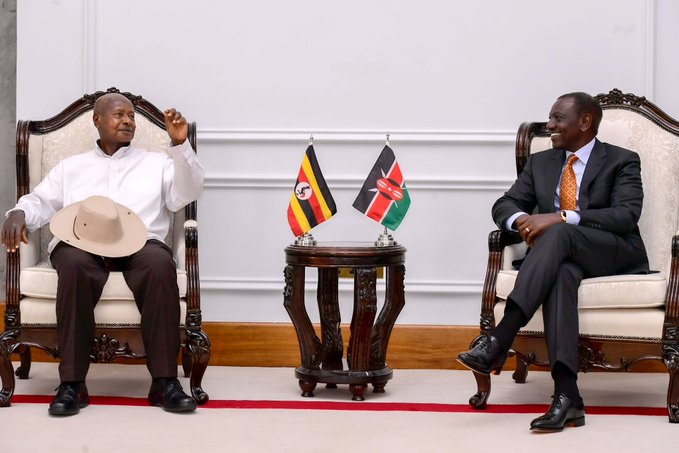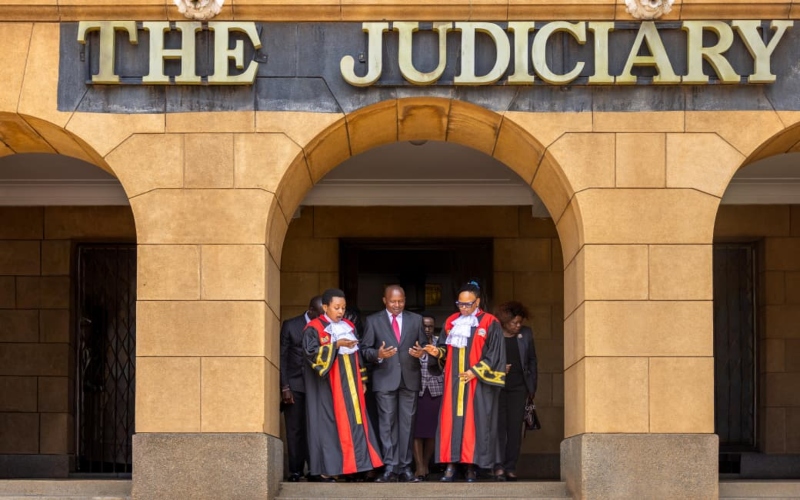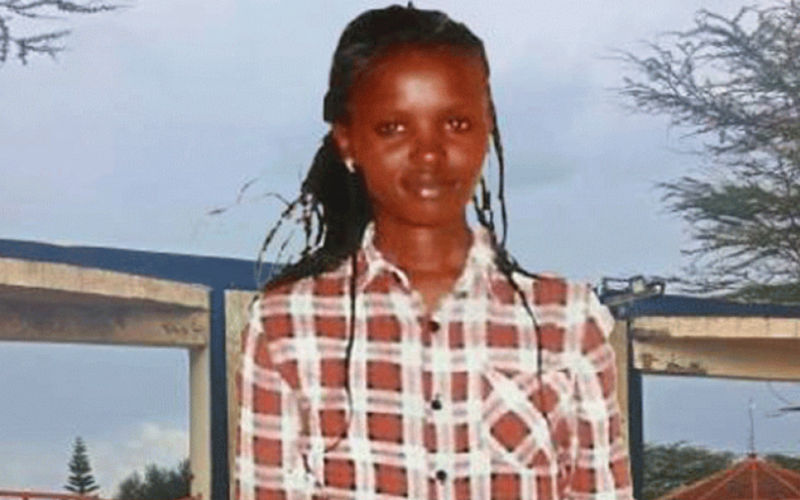African women key to fighting climate change – these are the green skills they will need

With access to green skills, women’s productivity in the green economy could triple. This is especially the case in agriculture, energy, manufacturing and processing.
Ogechi Adeola, University of Kigali; Innocent Ngare, Kenyatta University, and Olaniyi Evans, Pan Atlantic University
More To Read
- What’s at stake in the COP30 negotiations?
- Major global emitters off track, no country strong enough to meet climate targets - report
- Domestic capital gains momentum as sub-Saharan Africa accelerates energy transition financing
- African activists rally and challenge COP30 agenda
- Turkana stakeholders urge reforms to fisheries Bill to protect local fishers and blue economy
- Ethiopia hosting COP32 a ‘win for the Horn of Africa’, IGAD says
Women are an important and often underutilised human resource in Africa. They’ve faced many problems historically. Limited access to land, finance, education, and decision-making platforms has meant that women across Africa haven’t been able to take part fully in the green economy.
A green economy is one that enhances well-being and social equity while reducing environmental risks. It demands that people use fewer resources to create more.
With the world moving towards renewable energy and finding ways to adapt to climate change, new sectors of work are opening up. With access to green skills, women’s productivity in the green economy could triple. This is especially the case in agriculture, energy, manufacturing and processing.
For example, farmers might learn climate-smart agriculture techniques, such as drip irrigation or cultivating drought-resistant crops, while technicians could be trained to install and maintain solar panels. These are practical forms of reskilling (updating people’s abilities to match emerging green jobs).
Global green upskilling and reskilling efforts, such as the Green Jobs for Youth Pact, often prioritise young people in formal employment. But in Africa, women are not only among the most affected by climate change, they are also key to delivering solutions. From agriculture to water collection and household energy use, women lead in finding innovative ways to cope with climate change.
Many African women already apply traditional practices that care for the environment. Women are also more likely to adopt sustainable practices and influence community-level adaptation. However, to keep pace with evolving climate challenges, they must also be equipped with modern, tech-enabled skills. This is so that green reskilling preserves local knowledge and enhances it with new tools and techniques.
We are specialists in gender, climate change, sustainable development, and economics. We research how Africa’s growth can be advanced through combining gender equality, climate action, digital finance and technological innovation.
Our latest book builds on this vision by exploring strategies to drive sustainable development across Africa. Chapter 9: Green Reskilling of African Women for Climate Action focuses on green and gender-inclusive skills, as well as digital green skills, that are essential for women to thrive in the continent’s climate transition.
For women to get these green skills, governments and development partners must design inclusive programmes that prioritise gender equity, particularly for rural, disabled and marginalised women. Policymakers must make green reskilling part of national climate strategies, education reforms and employment plans.
This is the only way to create a just transition that does not leave women behind.
Women should not only be beneficiaries of climate solutions but also active co-creators and leaders who shape them.
Green and gender-inclusive skills
This is the first set of green skills that African women need to be equipped with. These skills include:
- Natural asset management skills. The ability to identify, assess, and conserve resources such as forests, water bodies and soil. These are found in jobs that aim to balance the environment into the future, even as the climate gets hotter.
- Low-carbon industry support skills. These are skills needed to work in lowering greenhouse gas emissions. These include renewable energy, reducing the environmental impact of shipping and transport, and sustainable manufacturing.
- Climate-resilient skills. Skills that help communities adapt to climate change. Growing drought-resistant crops or building infrastructure that can withstand floods are examples.
- Resource-efficient skills. The ability to use natural resources wisely, reducing waste and cost. Some examples are recycling, water-saving, and sustainable packaging.
Green digital skills
This is the second set of vital green skills that women in Africa need:
- Green digital and marketing skills. The ability to use digital platforms to market and promote eco-friendly products and services.
- Digital green monitoring and inspection skills. Using technologies like sensors and data analytics to track environmental changes and monitor whether climate policies are being followed.
- Digital green agricultural skills. These are needed for farming, such as weather apps, precision agriculture, and advice from agriculture specialists that can be accessed online or by phone. These reduce farmers’ risk of suffering climate damage and increase their crop yields.
- Digital green communication skills. The use of digital media to raise environmental awareness, influence behaviour, and advocate for climate policies.
- Digital green design skills. The ability to create digital tools, such as apps and smart systems, that support sustainability and green innovation.
- Green mobile technological skills. These are jobs in mobile technologies that promote energy efficiency, reduce waste, or support climate resilience.
What needs to happen next
To make these skills more accessible, African countries must invest in expanding green-focused technical and vocational education and training programmes. Informal learning pathways that are used by women in rural or marginalised communities must also get access to green skills training.
These changes are needed:
- Gender-responsive policies – to ensure women are not left behind in national climate strategies. Many African countries have adopted gender-sensitive climate policies and national adaptation plans. But these are not always implemented due to limited funding, weak institutional frameworks, and poor coordination.
- Investments in green education and training – new and inclusive training models are needed. These should combine digital access, local language delivery, and practical, community-based learning.
- Access to finance, technology, and markets – this will help women turn green skills into viable businesses and create jobs.
- Partnerships among governments, civil society, academia, and the private sector – to ensure coordinated action, shared knowledge, and sustained support for women-led climate innovation. In Tanzania, for example, partnerships have helped make gender equality part of national climate strategies.
When African women acquire green skills, this boosts the whole community’s resilience to climate change. It speeds up ways of adapting to climate change and also drives inclusive economic growth.
The Conversation
Ogechi Adeola, Full Professor and Deputy Vice-Chancellor of Administration and Human Resources, University of Kigali; Innocent Ngare, Adjunct Lecturer in Environmental Sciences & Education, Kenyatta University, and Olaniyi Evans, Senior Lecturer, Pan Atlantic University
This article is republished from The Conversation under a Creative Commons license. Read the original article.
Top Stories Today
